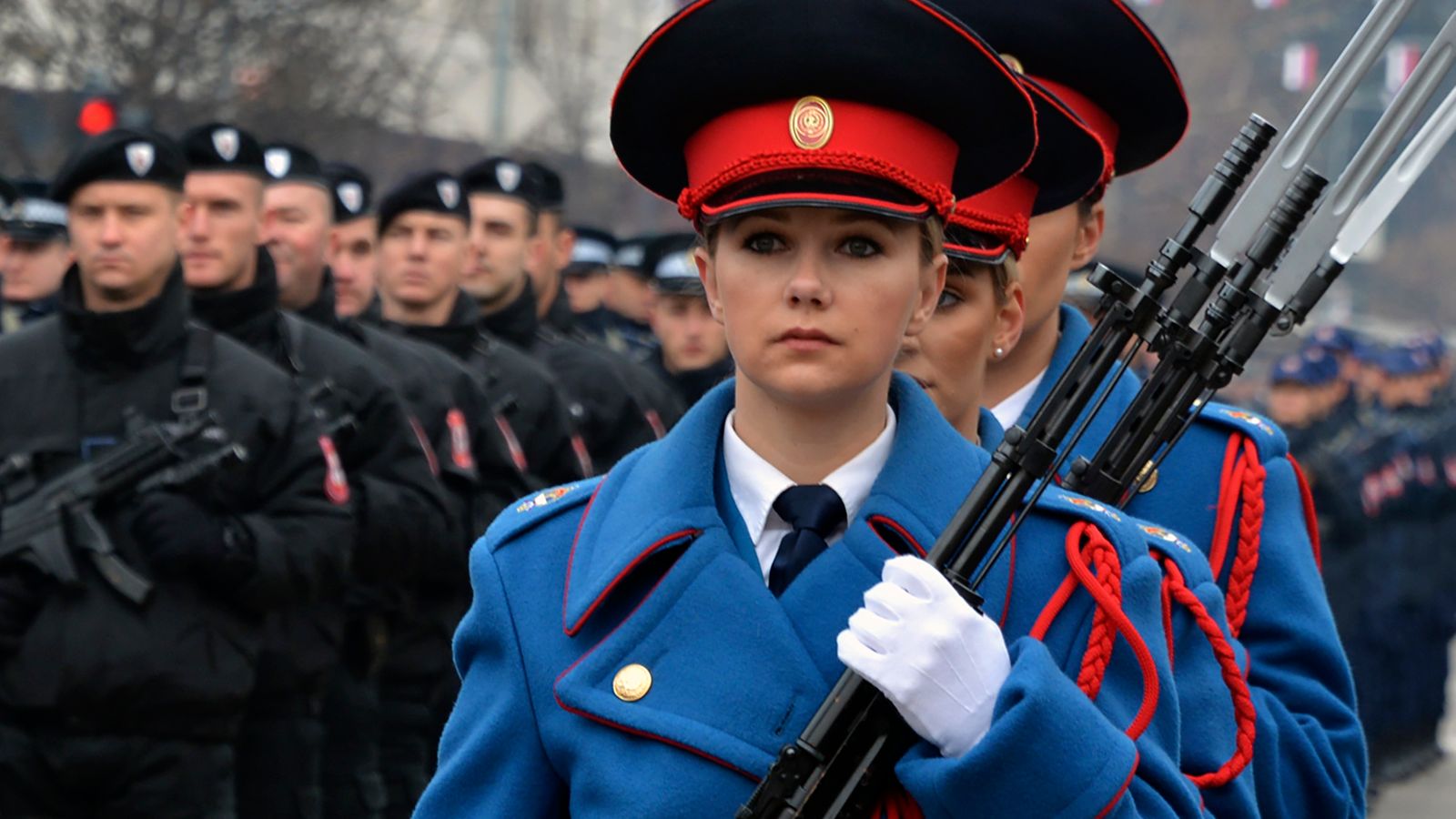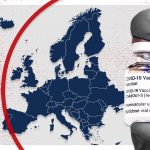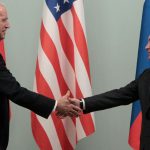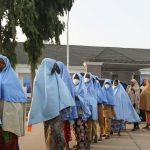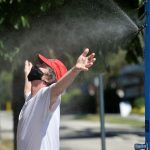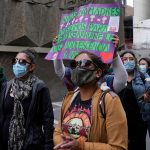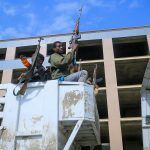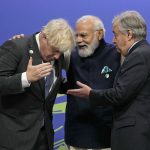EU foreign ministers have been discussing ways to calm tensions in Bosnia, in order to stop a potential break-up of the country.
It comes amid attempts by the leader of Bosnia’s Serb-run region to win greater autonomy for ethnic Serbs in Bosnia, reversing what he has described as years of gradual centralisation.
Bosnian Serb leader Milorad Dodik was last month sanctioned by the United States for “corrupt activities”, which officials said threatened to destabilise the region and undermine the US-brokered Dayton Peace Accord.
The 1995 treaty ended the Bosnian war, during which tens of thousands of people were killed, by getting all sides to agree that two separate governing entities would be established in the country, one run by ethnic Serbs and the other by Bosniaks and Croats.
For some years, Mr Dodik has been advocating for the Serb-run part of Bosnia, Republika Srpska, to unite with neighbouring Serbia.
In recent months, he has called for Bosnian Serbs to have their own army, judiciary and tax system, in contravention of the Dayton Accord.
Although Republika Srpska and the Bosniak and Croat parts of Bosnia and Herzegovina have separate parliaments, the two are linked by shared, state-wide institutions, and all actions at a national level require consensus from all three ethnic groups.
Bosnia: UK minister says Russia’s hand ‘at play’ in brewing crisis experts fear could lead to another war
Croatia celebrates construction of major bridge across Adriatic Sea – but Bosnian officials left angered
Ratko Mladic: Former Bosnian Serb military chief loses appeal to overturn genocide conviction
Analysts say the kind of changes Mr Dodik has been calling for could destabilise the entire western Balkans and risk plunging it back into civil war.
EU foreign policy chief Josep Borrell said on Monday there was a risk Bosnia could “fall apart”.
He said: “The nationalist and separatist rhetoric is increasing in Bosnia and Herzegovina and jeopardising the stability and even the integrity of the country.
“Ministers will have to take a decision on how to stop these dynamics in Bosnia and Herzegovina”, adding that it was a “critical situation”.
‘Rhetoric reflects effort to distract from corruption’
On 5 January, the US Treasury accused Mr Dodik of improperly using his position to amass riches through a patronage system of bribery and graft.
It added that he was “setting in motion the creation of parallel institutions in… Republika Srpska” and that “his divisive ethno-nationalistic rhetoric reflects his efforts to advance these political goals and distract attention from his corrupt activities”.
Many EU countries also want to impose sanctions on Mr Dodik, but Hungary, Slovenia and Croatia have publicly spoken out against this, and will prevent measures being introduced.
Balkans ‘must not become playground for actors from outside Europe’
And at a time of heightened tensions over the future of Ukraine, Russia has notably pledged support for Mr Dodik and his associates.
On Monday, the Kremlin announced Russian President Vladimir Putin was sending his top security envoy to Serbia, one of its key European allies.
Austrian foreign minister Alexander Schallenberg said Bosnia and the Balkans must not become “a playground for actors outside Europe”.
Read more: UK minister says Russia’s hand ‘at play’ in brewing crisis
For three-and-a-half years, Bosnian Serbs, with the help of the Yugoslav army, tried to create ethnically-pure territories with the aim of joining neighbouring Serbia.
The war quickly spread across the country, with ethnic cleansing being a major tactic, as well as indiscriminate shelling of areas and systematic mass rape by mainly Serb forces but also Croat and Bosniak forces.
In 1995, the Bosnian Serb Army of Republika Srpska captured the UN “safe area” of Srebrenica and killed more than 8,000 Bosniak Muslim men and boys, prompting widespread airstrikes by NATO forces, then a ceasefire and a peace agreement.
In 2004, the massacre and the forcible transfer and abuse of up to 30,000 Bosniak Muslim women, children and elderly, was found to constitute genocide.
Since 1995, Bosnia-Herzegovina has been made up of two autonomous regions – the largely Serb-populated Republika Srpska and the mainly Croat-Bosniak-populated Federation of Bosnia and Herzegovina.
They are linked by a central government that controls joint institutions such as the armed forces and judicial bodies, and the presidency consists of one member from each of the three major ethnic groups.
But as part of the peace agreement, the High Representative is the highest political authority in the country and is selected by the EU.
The EU is also insisting that electoral reform is passed ahead of Bosnian elections in October.
Irish foreign minister Simon Coveney said the EU wants “a full reform package agreed and implemented in advance of the elections so that we can have elections that then successfully result in the formation of a government that can function”.
“We want to see peace and stability in Bosnia and Herzegovina, and I think that reform package would certainly help that to take place,” he added.
